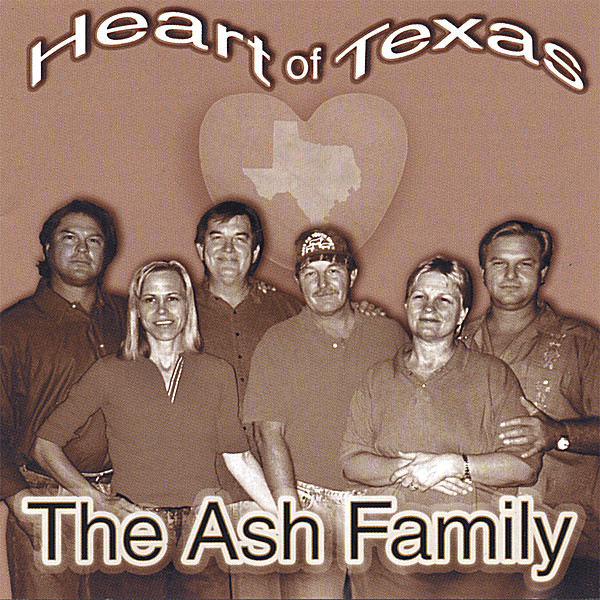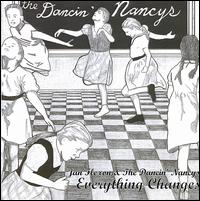
Leadership during the Vietnam War was another story.
The Vietnam War and its aftermath sorely tested the professional skill of four-star admirals Harry D. Felt, Ulysses S. Grant Sharp, Thomas H. Moorer, Elmo R. Zumwalt Jr., and James L. Holloway III. Unlike their World War II predecessors, these equally battle-tested leaders had to cope with a flawed American understanding of U.S. and Vietnamese Communist strengths and weaknesses, distrustful and ill-focused Washington leaders, an increasingly discontented American populace, and an ultimately failing war effort.
Like millions of other Americans, these five admirals had to come to terms with America's first lost war, and what that loss meant for the future of the nation and the U.S. armed forces. The challenges were both internal and external. A destabilized U.S. Navy was troubled by racial discord, drug abuse, anti-war and anti-establishment sentiment, and a host of personnel and material ills. At the same time, increasingly serious global threats to US interests, such as the rise of Soviet nuclear-missile and naval power, were shaping confrontations on the postwar stage. Critical to the story is how these naval leaders managed their relationships with Presidents Kennedy, Johnson, Nixon, Ford, and Carter, and Secretaries of Defense McNamara, Laird, and Schlesinger.
Based on prodigious research into many formerly classified sources, Edward J. Marolda relates in dramatic detail how America's top naval leaders tackled their responsibilities, their successes, and their failures. This is a story of dedication to duty, professionalism, and service by America's top admirals during a time of great national and international adversity.







